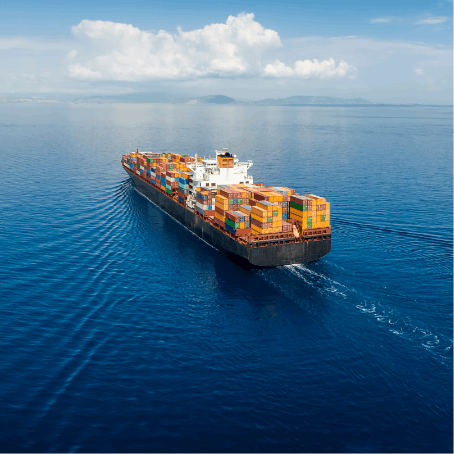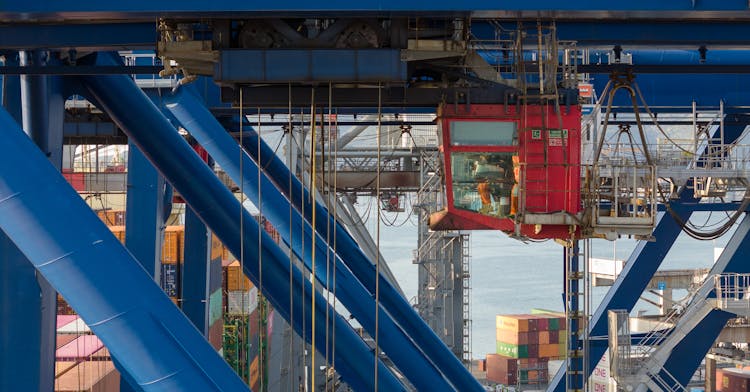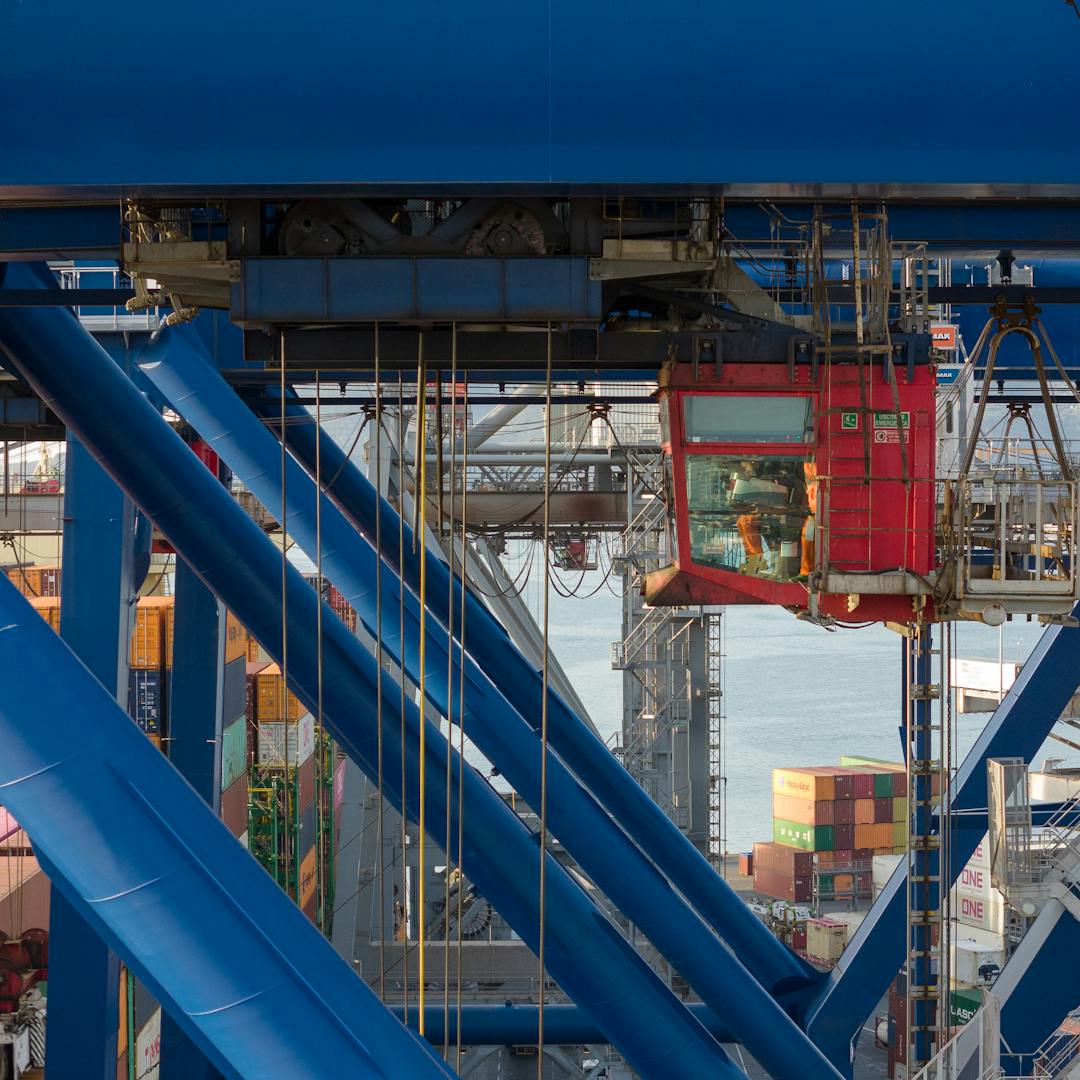Amsterdam, The Netherlands, October 20, 2020
The Digital Container Shipping Association (DCSA), a neutral, non-profit group established to further digitalisation of container shipping through technology standards, today in conjunction with its nine member carriers, published a common set of processes, as well as data and interface standards for Track and Trace (T&T). The standards can be implemented by carriers, shippers and third parties to enable cross-carrier shipment tracking. This is the first of many initiatives to be put forth by DCSA to transform inefficient practices and accelerate digitalisation through a unified industry effort.The DCSA T&T standard comprises an information model and interface standards that can be freely downloaded from the DCSA website. The data model ensures container track and trace data definitions are consistent for all users, leveraging any system. These definitions are based on the Industry Blueprint, published by DCSA and its carrier members in 2019, which established a consistent vocabulary and proposed a common set of industry processes. The T&T standards are aligned with the UN/CEFACT (United Nations Centre for Trade Facilitation and Electronic Business) standards to provide a global industry framework that preserves existing investments and streamlines communication among all supply chain participants.For shippers, this new standard will simplify shipment visibility across multiple carriers, enabling them to better plan and optimize shipment handling activities. For carriers, it will unify T&T information sharing with other parties, ensuring accurate and efficient communication regardless of the underlying technology or platform. For the industry as a whole, the DCSA T&T standard will set a new bar for collaboration that focuses on delivering a great customer experience while improving efficiencies for all stakeholders in the supply chain.The DCSA T&T standard publication comprises a set of documents: the DCSA Information Model 1.0, T&T Data Interface 1.0, DCSA-to-UN/CEFACT Data Mapping and associated Reading Guides.“We are thrilled to introduce T&T standards for the industry that enable its customers to reduce complexity, cut costs and, over time, better manage their end-to-end supply chains,” remarked Thomas Bagge, CEO of DCSA. “As DCSA standards are technology- and vendor-neutral, every organisation providing shipment tracking information to its customers today will benefit by adopting our T&T standard, because it will simplify data integration with carriers and improve information quality.”André Simha, Chairman of the DCSA Supervisory Board and Global Chief Digital & Information Officer of MSC said, “The ocean carrier community is enthusiastic and committed to advancing industry standards for the good of all parties. T&T standardisation is a huge advancement for container visibility and trade overall. Current DCSA ocean carrier membership represents 70% of the global container shipping market, and all carriers are invited to join us in collaborating to develop more efficient, automated digital container shipping. This will ensure global shipping in 2020 and beyond will benefit from digitalisation and the significant value interoperability offers.”About DCSA:
Digital Container Shipping Association (DCSA) is a neutral, non-profit group founded by major ocean carriers to digitise and standardise the container shipping industry. With the mission of leading the industry towards systematic collaboration, DCSA drives initiatives to make container transportation services transparent, reliable, easy to use, secure and environmentally friendly. DCSA’s open source standards are developed based on input from DCSA member carriers, industry stakeholders and technology experts from other industries. DCSA member carriers include: MSC, Maersk, CMA CGM, Hapag-Lloyd, ONE, Evergreen, Yang Ming, HMM and ZIM. Please download DCSA standards at dcsa.org.
Digitalise the container shipping industry
At DCSA, we envisage a digitally interconnected container shipping industry in which customers have a choice of seamless, easy-to-use services that provide the flexibility to meet their business and sustainability goals.











